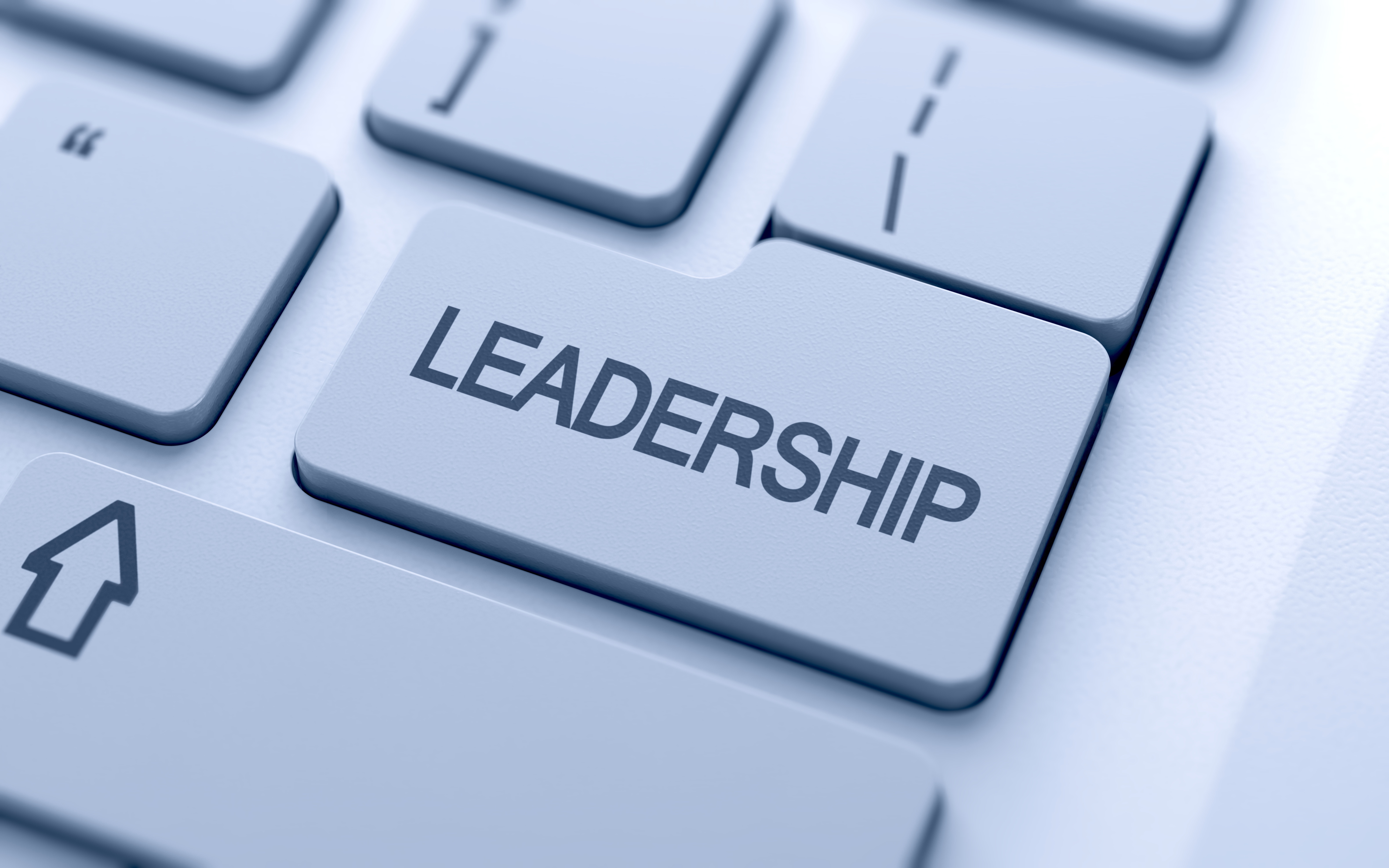The world is changing rapidly. Perhaps only the most reflective of observers will have noticed that the rate of change is in fact accelerating. These changes are largely driven by macroenvironmental forces. Many of us have felt the force of the digital tsunami. For some this has meant career ending automation or defunct business models. We all got to face the biological tsunami in the form of Covid-19. Nonetheless, there is a hope amongst many leaders that disruption is now behind us and we can return to some sort of new or next normal steady state.
But the reality is that technology and biology are only two of the forces at play. Political, social, economic, environmental and legal forces come to mind. The war for talent and for natural resources also have a bearing, as does the space race. These forces are both compounding and conflating to create a future that is essentially unknowable.
However, most leaders and aspiring leaders are educated to operate in a more predictable world. A world that enables the functioning of cuckoo-clock, process-driven factories. By factories, I am not just alluding to organisations that create finished goods based on components and raw materials. The factory label equally applies to service companies, where the internet is the conveyor belt and data is the engineered material.
This factory model with its centralised leadership approach is unable to adapt to rapid change. Many leaders today are creating the illusion of profit by digitalising the processes. Removal of cost is not a sustainable approach. A fully digitalised Titanic is still a Titanic. And even one optimised to detect icebergs is no match for air travel. Tinkering with processes is not going to cut it. Experimenting with new business models is key.
Leaders need to transition their inert soulless factories, where people are largely cogs in the machine, to intelligent living organisms. Living organisms sense, decide and act in real-time. In order to thrive, they are in a constant dance with their environment. This is how people and organisations need to behave. In fact, this is how we are wired to behave. The new game is less about winning and more about staying in the (infinite) game. Strategic planning is becoming a genre of fiction. Situational awareness is the new strategic planning.
Unfortunately, the MBA ecosystem continues to churn out more process administrators whose skill is to keep the factory operational. But we need streetwise, quick thinking innovators who have the skills to build a living sensing organism that can harness the full cognitive capacity of the talent it has access to. You might say this requires a transition from people as cog workers to cognitive athletes.
Intelligent leaders see the value in their people. Intelligent leaders are essentially experts in cognition management. Increasing disruption will lead to organisations facing increasingly novel scenarios that necessarily require an innovative response. Innovation does not come from algos and robots, but from people. However, people plus technology amplifies the organisation’s innovative capacity.
Intelligent leaders are less likely to be seduced by the media-hyped promises of how artificial intelligence will save their factory. They are focused on harnessing both artificial and human intelligence to bring the organisation to life and to then successfully navigate an increasingly uncertain world.

